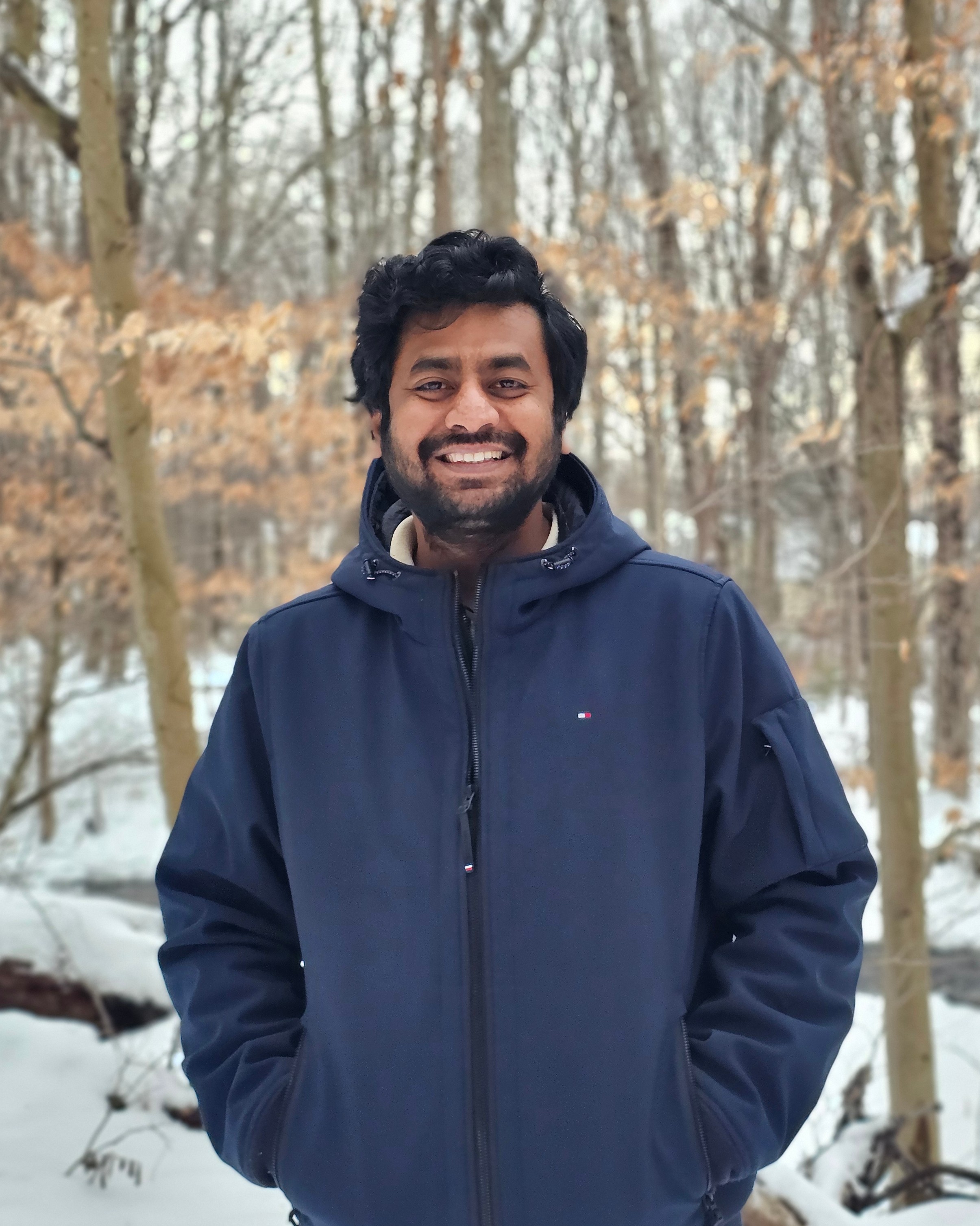Amit Sarker
Actively looking for internship opportunities for Summer 2026! (Click to read my Personal Statement)

I am a 4th-year PhD candidate at the Manning College of Information and Computer Sciences, UMass Amherst. My research centers on data privacy and fairness in decision-making, with a focus on how we can protect sensitive information while ensuring equitable outcomes. I am especially interested in designing visual data exploration tools that make Differentially Private data more accessible and in studying the fairness trade-offs that come with Differential Privacy algorithms. I am advised by Prof. Narges Mahyar and Prof. Ali Sarvghad in the HCI-VIS Lab at UMass.
Before starting my PhD, I worked as a research assistant at the Cognitive Agents and Interaction Lab (CAIL). My work there focused on solving real-world challenges in multi-agent coordination, optimization, and planning. In particular, I developed and applied local search and particle swarm optimization (PSO) algorithms to solve Continuous Distributed Constraint Optimization Problems (C-DCOPs) in multi-agent systems. I received my bachelor's degree from the Department of Computer Science and Engineering, University of Dhaka (Dhaka, Bangladesh) advised by Prof. Md Mosaddek Khan.
My current research interests are:
- Differential Privacy & Fairness
- Data Visualization
- Natural Language Processing
- Human-Computer Interaction
- Multi-Agent Systems
news
| Jun 01, 2025 | Working as a PC member of the AIES-25 conference. Excited to review quality papers on AI ethics and safety! |
|---|---|
| May 09, 2025 | Passed the CICS comprehensive exam and received doctoral candidacy! |
| Jan 08, 2025 | Received Dr. Phil Bernstein Graduate Scholarship in Computer Science! |
| Jul 15, 2024 | TVCG paper on Differential Privacy and Data Visualization accepted! |
| Aug 01, 2023 | EAAI paper on A PSO Inspired Approach for Continuous DCOPs accepted! |
| May 15, 2023 | Received James Kurose Scholarship in Computer Science! |
| Sep 06, 2022 | Started my PhD at Manning College of Information and Computer Sciences, UMass Amherst! |
| Dec 17, 2020 | AAMAS full paper on A Local Search Based Approach to Solve Continuous DCOPs accepted! |
| Apr 01, 2020 | Started working as a Software Engineer at TigerIT Bangladesh Limited. |
| Mar 15, 2020 | OptLearnMAS workshop paper on Continuous DCOPs accepted! |